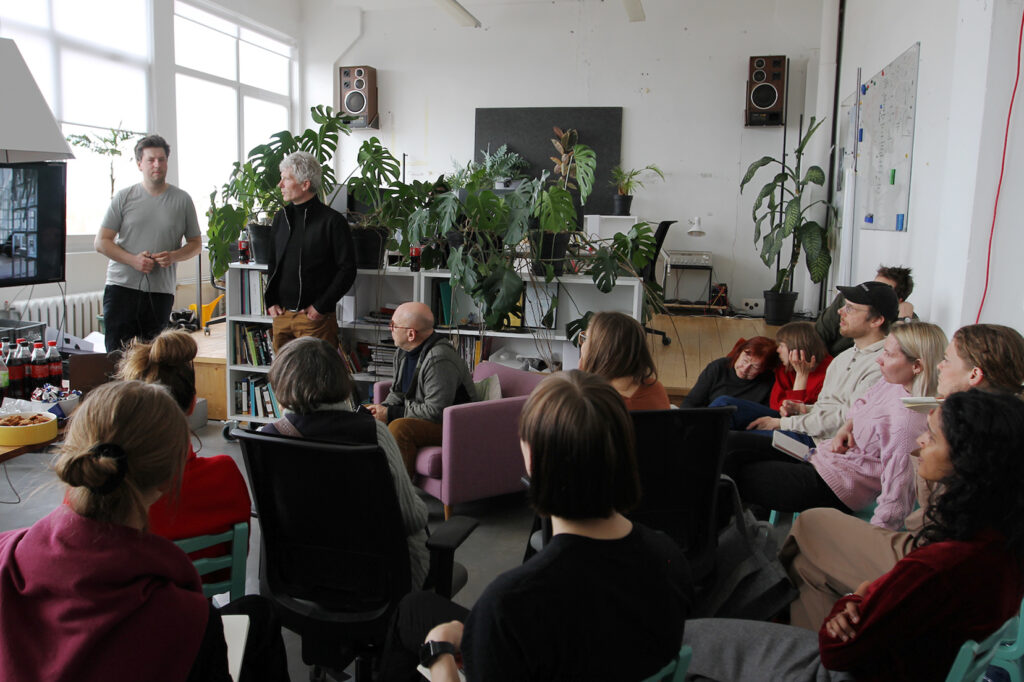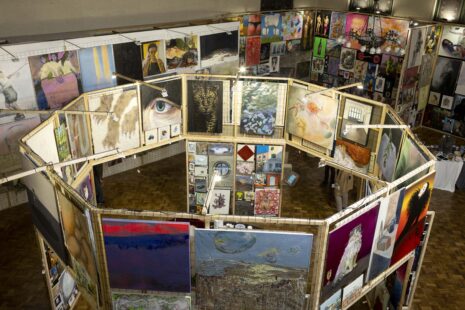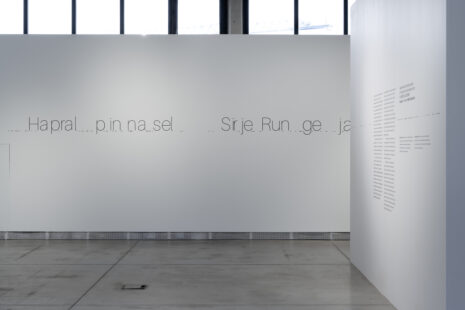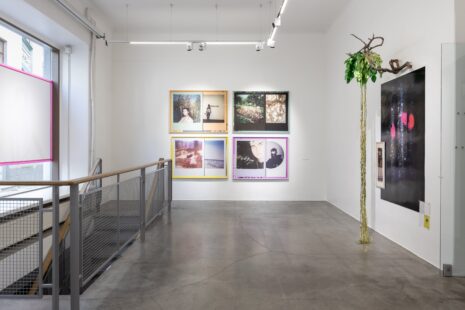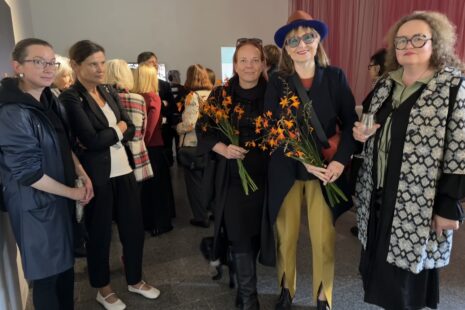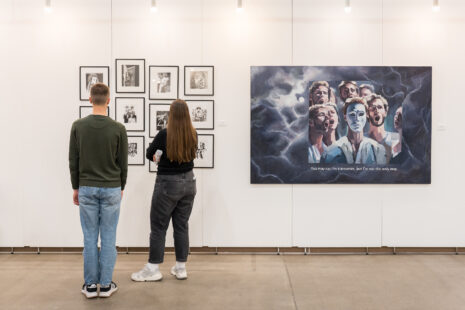According to Ann Mirjam Vaikla, the curator of the 8th Artishok Biennial, the title “Botanical Witnesses” refers to the scientifically proven possibility that plants have consciousness extending much further from the boundaries of human perception. As human beings, we are used to relate to plants either as a commodity or beauty. The biennial as a seedbed for site-specific works of art attributes botanical individuals to certain agency so that the latter become witnesses for the surrounding processes.
„Whereas every garden is artificial, made and controlled by man, then the botanic garden can be clearly defined also by its political dimension. The phenomenon of botanic gardens was founded during the era of colonialism in Europe when expeditions for finding valuable and rare spices and medicinal herbs had a significant role. Tallinn Botanic Garden has certainly other narratives important from the perspective of decolonization – the garden was established with the Institute of Estonian Academy of Sciences during the Soviet time and in order to form its botanical collections, more than 50 expeditions were held from Crimea to the Kuril Islands,“ adds Vaikla.
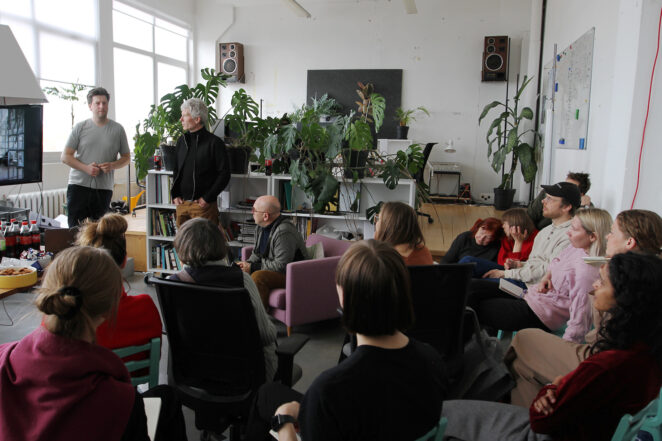
Meet-up of the artists and writers of the biennial. Photo: Ann Mirjam Vaikla
Artists attending the art biennial include Estonian poet, critic, animal-lover, body-alchemist, choreographer and a dancer Sveta Grigorjeva, Australian-Estonian artist Aksel Haagsen, Ukrainian artists and writer Alevtina Kakhidze, Estonian artist and designer Sandra Kosorotova, artist Paul Kuimet, an Estonian artist living in the Netherlands Marit Mihklepp, Estonian performance maker Liisa Saaremäel, visual artists and filmmaker Shubhangi Singh, interior architect Urmo Vaikla and architect Mikk Meelak, and architect Ulla Alla, Merilin Kaup, Mari Mölder, Margus Tammik.
The writers involve a curator and writer Leslie Moody Castro, Evie Evans, feminist author and the curator and the head of exhibitions at Vabamu Museum of Occupations and Freedom in Tallinn Piret Karro, curator and art critic Maria Helen Känd, curator Inga Lāce, artist Peeter Laurits, curator and art historian Tamara Luuk, Estonian urbanist, co-founder of international urbanism platform “Urbiquity” Mattias Malk, architect Margit Mutso and the founder of a bookstore Püant Triinu Kööba ja Elisa-Johanna Liiv.

